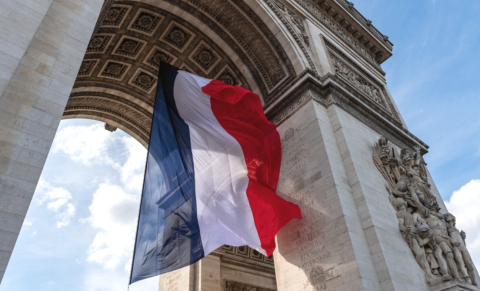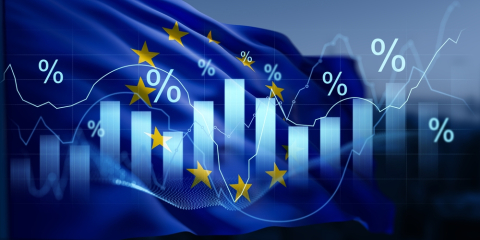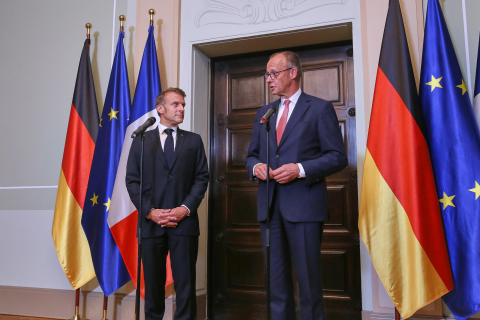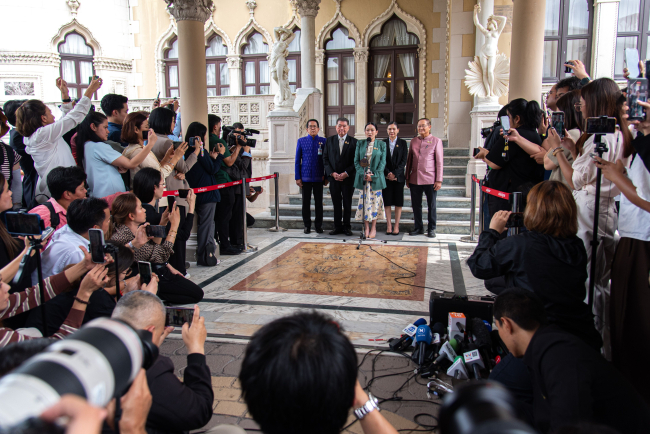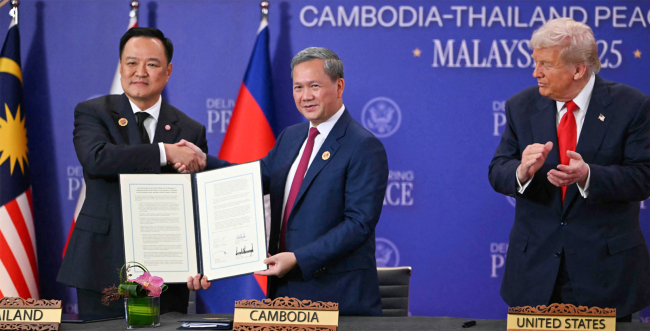Negotiating a Korea-EU Free Trade Agreement: Easier Said Than Done
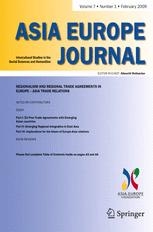
A number of countries have chosen recently to shift away from an exclusive support to trade multilateralism and towards regional or bilateral trade agreements.
Being no exceptions in this respect, the Republic of South Korea and the European Union have engaged in a bilateral FTA negotiation in early 2007. The objective of the paper is to account for the unexpected difficulties encountered in the negotiation. The paper starts with a brief overview of the trade and investment relations between the two partners and underlines the complementarity between the two partners, as well as their respective offensive and defensive interests. As a next step, the paper delves into the "politics" of the FTA negotiation with a view to highlighting the motivations and objectives of the various partners involved. It comes to the conclusion that the major reason why the negotiation turned out to be more complex than initially expected relates to the two partners' diverging views as to what a discriminatory FTA should imply.

Contenu disponible en :
Régions et thématiques
Utilisation
Comment citer cette publicationPartager
Centres et programmes liés
Découvrez nos autres centres et programmes de rechercheEn savoir plus
Découvrir toutes nos analysesCrise politique en Thaïlande : la tactique du chaos
La Thaïlande a replongé à l’été 2025 dans une crise politique profonde. La suspension de la Première ministre, Paetongtarn Shinawatra, par la Cour constitutionnelle a provoqué l’implosion de la coalition au pouvoir. Cette crise ressemble pourtant aux précédentes. Une banalité répétitive qui interroge à la fois le sens des responsabilités des principaux dirigeants et qui génère au sein de la population un cynisme mâtiné de résignation.

Ouverture du G7 à la Corée du Sud : relever les défis mondiaux contemporains
L'influence mondiale du G7 s'est affaiblie à mesure que des puissances telles que la Chine remodèlent la gouvernance internationale à travers des initiatives telles que les BRICS et l'Organisation de Coopération de Shanghai (OCS). Le G7 ne représentant plus aujourd'hui que 10 % de la population mondiale et 28 % du PIB mondial, sa pertinence est de plus en plus remise en question.
Cambodge-Thaïlande : un accord de paix en trompe-l’oeil
Après le Moyen-Orient, Donald Trump a vu en Asie du Sud-Est une nouvelle opportunité de consolider son image de président faiseur de paix. Confirmée à la dernière minute par la Maison-Blanche, sa participation au sommet de l’Association des Nations d’Asie du Sud-Est (ASEAN) a ainsi été conditionnée à l’organisation en grande pompe d’une cérémonie de signature d’un accord de paix entre le Cambodge et la Thaïlande.
Le rôle clé de la Chine dans les chaînes de valeur des minerais critiques
La Chine occupe aujourd’hui une position dominante dans les chaînes de valeur des minerais critiques, de l’extraction à la transformation jusqu’aux technologies en aval. Cette suprématie repose sur des décennies de politiques industrielles et lui confère une influence stratégique considérable sur la sécurité d’approvisionnement mondiale, notamment pour l’Union européenne.





